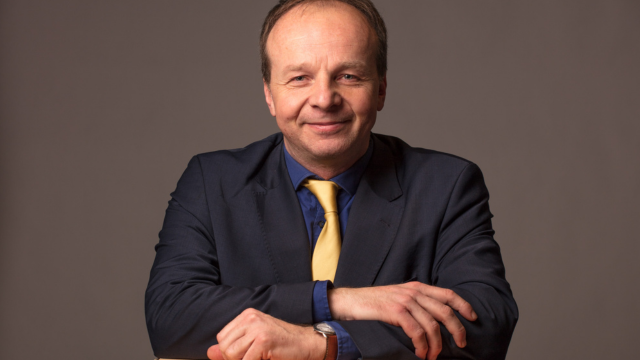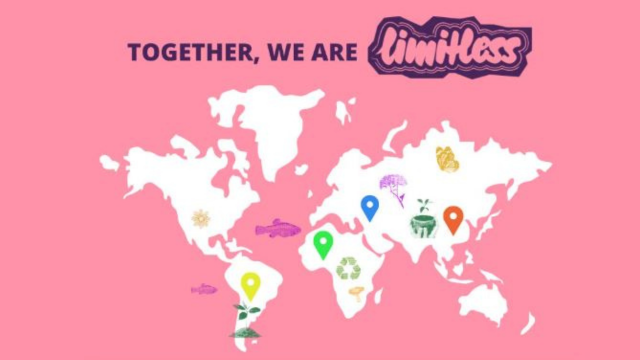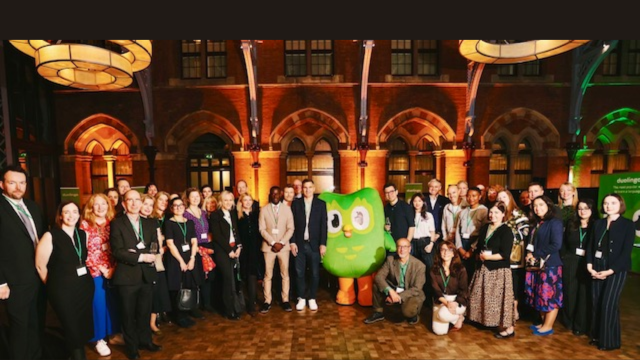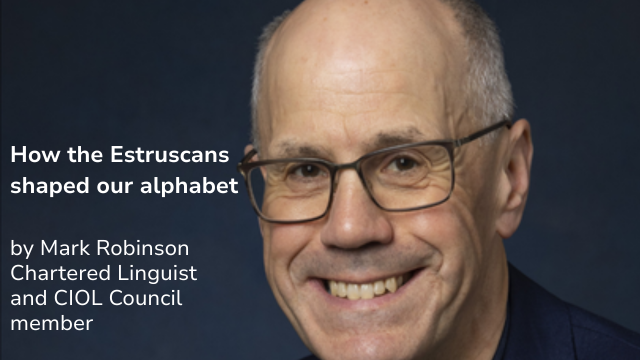-
QUALIFICATIONS
- For Linguists Worldwide
- For UK Public Services
- Preparation
- Policies & Regulation
-
MEMBERSHIP
- Join CIOL
- Professional Membership
- Affiliate Membership
- Chartered Linguist
- Already a member?
- Professional conduct
- Business & Corporate Partners
-
LANGUAGE ASSESSMENTS
- English
- All Other Languages
-
CPD & EVENTS
- Webinars & Events
- CIOL Conferences
- Networks
- CIOL Mentoring
-
NEWS & VOICES
- News & Voices
- CIOL eNews
- CIOL Awards
- The Linguist Magazine
- Jobs & Ads
-
RESOURCES
- For Translators & Interpreters
- For Universities & Students
- Standards & Norms
- CIOL & AI
- All Party Parliamentary Group
- In the UK
- UK Public Services
- Find-a-Linguist
Leadership through languages: Where four fields meet and magic happens

In the first of a three-blog series, Shehzaad Shams introduces the concept of ‘leadership through languages’ – as the superpower of ‘Eclectic Leaders’ – a new insight into the leadership domain.
Leadership through languages
For me, ‘Leadership Through Languages’ sits at the intersection of the four core domains of applied linguistics, applied psychology, political science and leadership development.
Current leadership literature is barely scratching the surface, limiting multilingualism to the linguistic prowess of leaders as a “good to have”; not recognising the direct link between languages and communications skills, ED&I/DEI initiatives, conflict management and culture related topics.
If you’ve ever wondered why so many leadership books feel a bit… samey, you’re not alone. Most of them focus on psychology, management, or politics, but rarely do they talk about language as anything more than a soft skill. But what if language is actually the key that unlocks the real power of leadership?
The four domains
Let’s explore how leadership through languages sits at the crossroads of four fascinating fields: applied linguistics, applied psychology, political science, and leadership development.
Applied linguistics: The power of words
Let’s start with the obvious: leaders use language all the time. But applied linguistics goes deeper, asking how the words we choose shape power, identity, and relationships. Think about how a CEO’s “We’re in this together” can rally a team, or how political leaders use metaphors to frame national crises (Fairclough, 2001). It’s not just what’s said, but how it’s said—and what goes unsaid—that matters. Linguists have shown that the way leaders frame problems, use inclusive language, or even just the metaphors they choose can make or break trust and motivation.
Applied psychology: Language and the mind
Now, let’s add psychology into the mix. How do people process what leaders say? How do tone, body language, and even silence affect how messages are received? Emotional intelligence (Goleman, 1998) is all about this — leaders who “get” how their words make people feel can inspire, calm, or energise a team. Even controversial tools like NLP (Neuro-Linguistic Programming) have shown that certain language patterns can help leaders persuade, motivate, and resolve conflict (O’Connor & Seymour, 2002).
Political science: Rhetoric, power, and persuasion
Politics isn’t just for politicians. Every leader, whether they’re running a country or a classroom, is navigating power dynamics and using rhetoric to get things done. Political science looks at how leaders use language to build coalitions, negotiate, and influence public opinion. Churchill’s wartime speeches or Jacinda Ardern’s empathetic communication after the Christchurch attacks (Wilson, 2020) are classic examples of language shaping history.
Leadership development: Turning theory into practice
Finally, leadership development is where all these ideas come together. The best leadership programmes now teach storytelling, narrative-building, and cultural sensitivity as core skills. It’s not just about learning to “communicate” — it’s about learning to lead through language, especially in multicultural, multilingual teams (Denning, 2011).
Where it all intersects
At the intersection of these four fields is the “eclectic leader” — someone who isn’t just a good talker, but a master of using language to connect, include, and inspire across cultures and contexts. This isn’t about being a polyglot (though that helps!); it’s about being curious, adaptable, and aware of the power of words.
Any downsides?
Honestly, this is still a pretty new way of thinking about leadership. There’s not a ton of hard data yet linking “linguistic agility” to leadership success, and it can sound a bit intimidating. But the good news? Anyone can start developing these skills — no PhD in linguistics required.
What next?
As we look to the future, the connection between language and leadership will only grow in importance. From international diplomacy to local governance, from multinational corporations to grassroots movements, effective leadership will require not just technical expertise or vision but the linguistic agility to navigate a complex, multilingual world. By embracing the power of language — and the richness of multilingualism — leaders can better meet the challenges of our time, building bridges where others see divides and shaping futures where every voice is heard.
In the next article in this series, we will ask ourselves why most contemporary leadership literature barely scratches the surface on multilingualism, and what can be done about it.
Shehzaad Shams is based in London, UK. He is the COO at Aesara Partners, and also the founder of Rononiti, a consultancy on language and leadership. He specialises in Operations & Project Management, speaks nine languages with varying fluency and does freelance multilingual voice acting & translations. His views are personal.
Views expressed on CIOL Voices are those of the writer and may not represent those of the wider membership or CIOL.
Filter by category
More
The Chartered Institute of Linguists (CIOL), Incorporated by Royal Charter, Registered in England and Wales Number RC 000808 and the IoL Educational Trust (IoLET), trading as CIOL Qualifications, Company limited by Guarantee, Registered in England and Wales Number 04297497 and Registered Charity Number 1090263. CIOL is a not-for-profit organisation.








